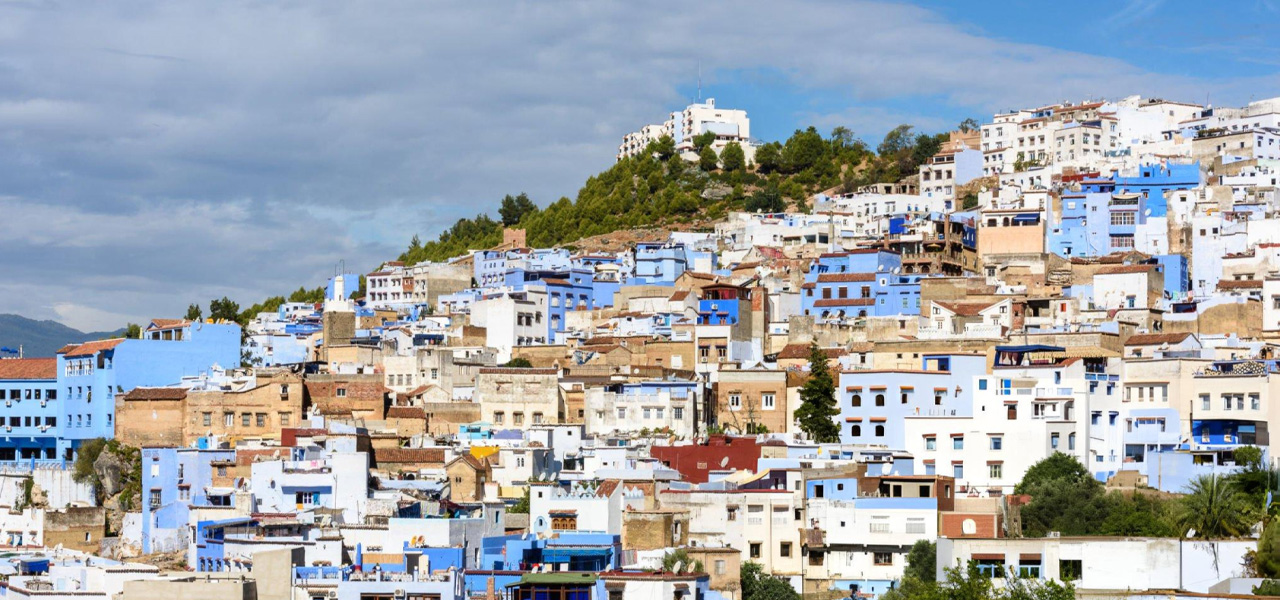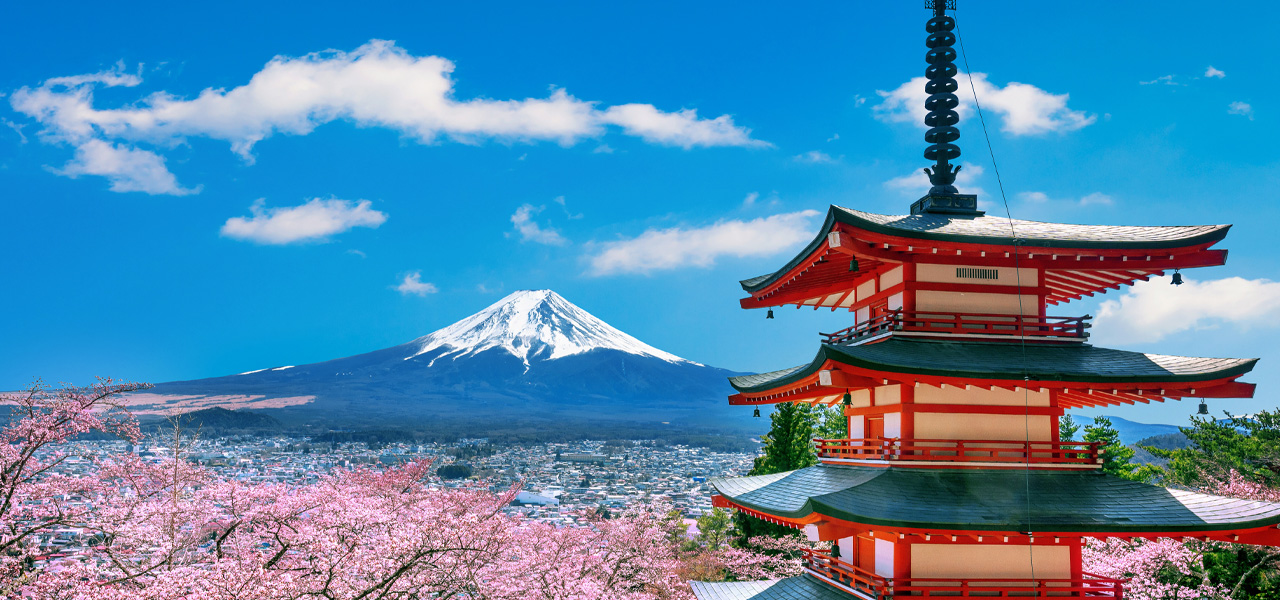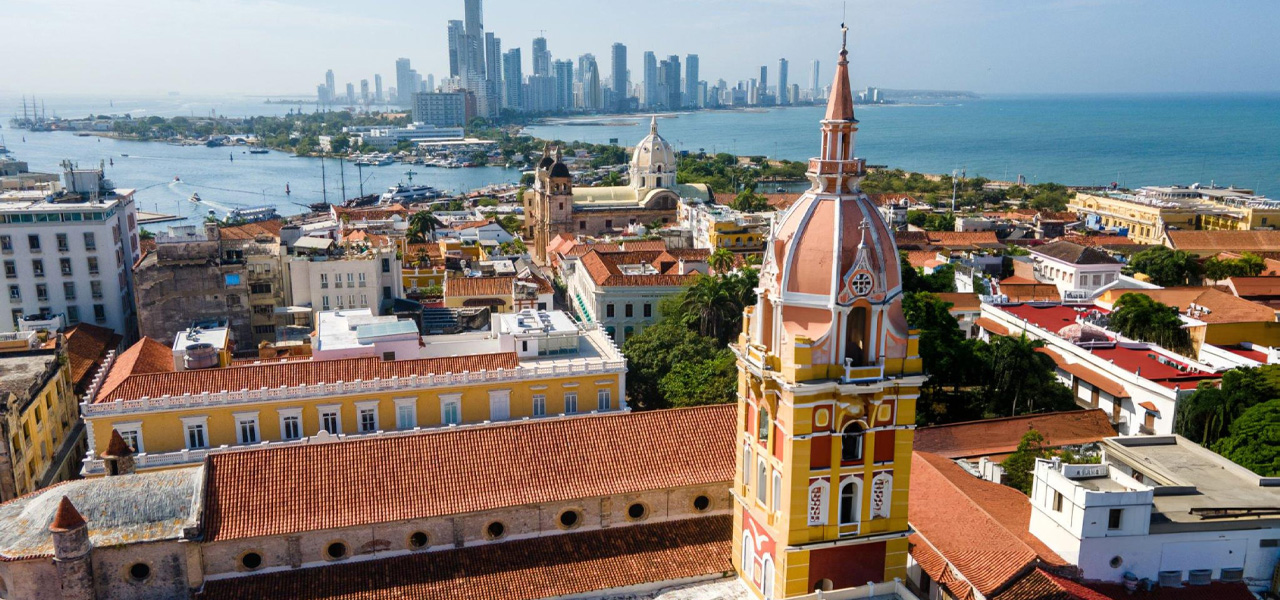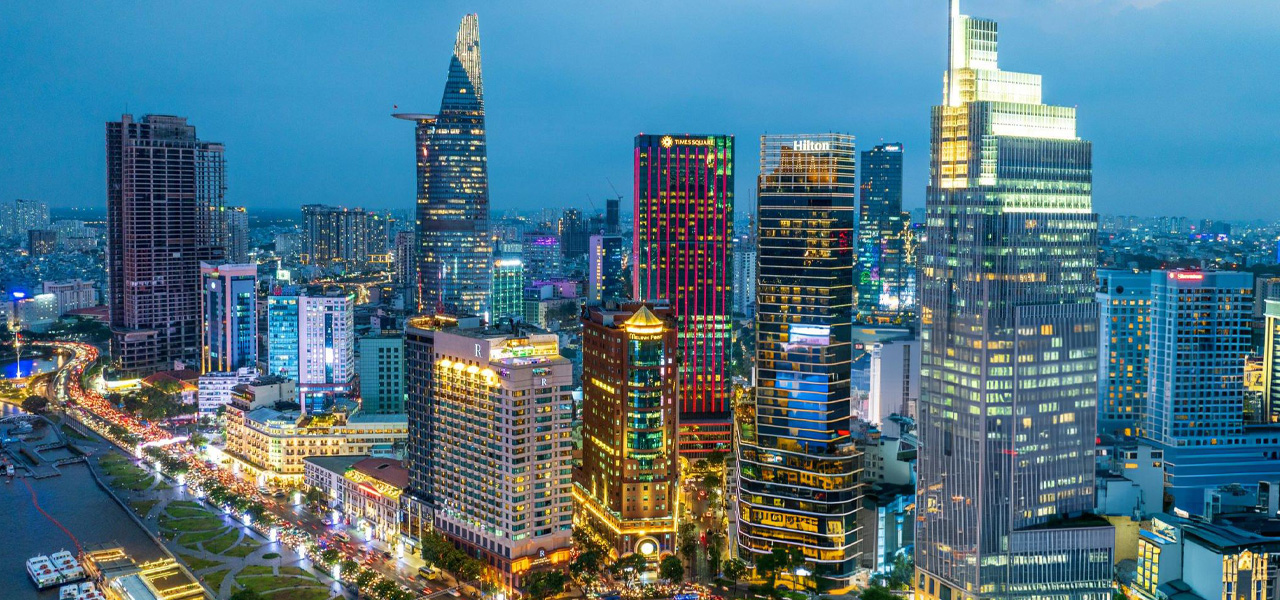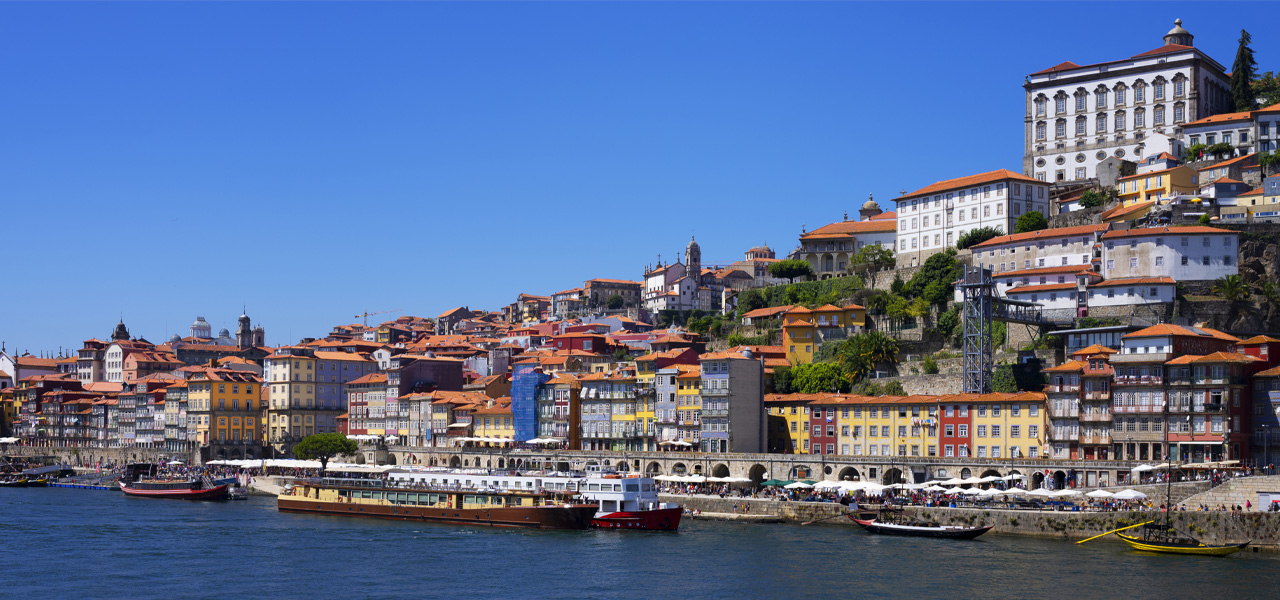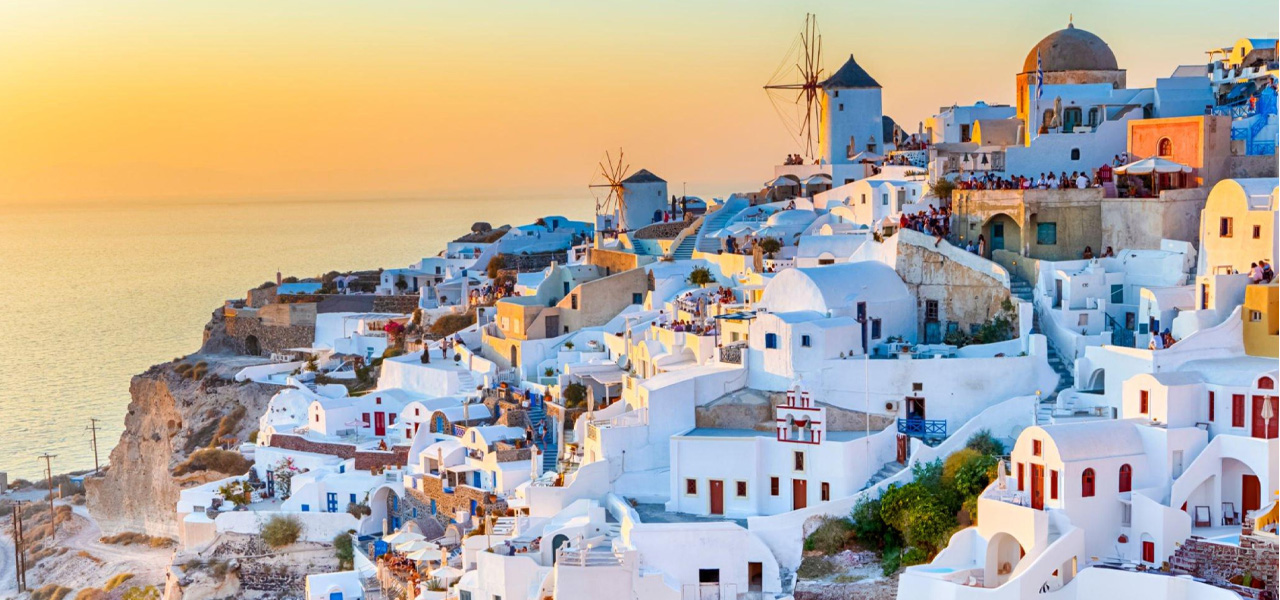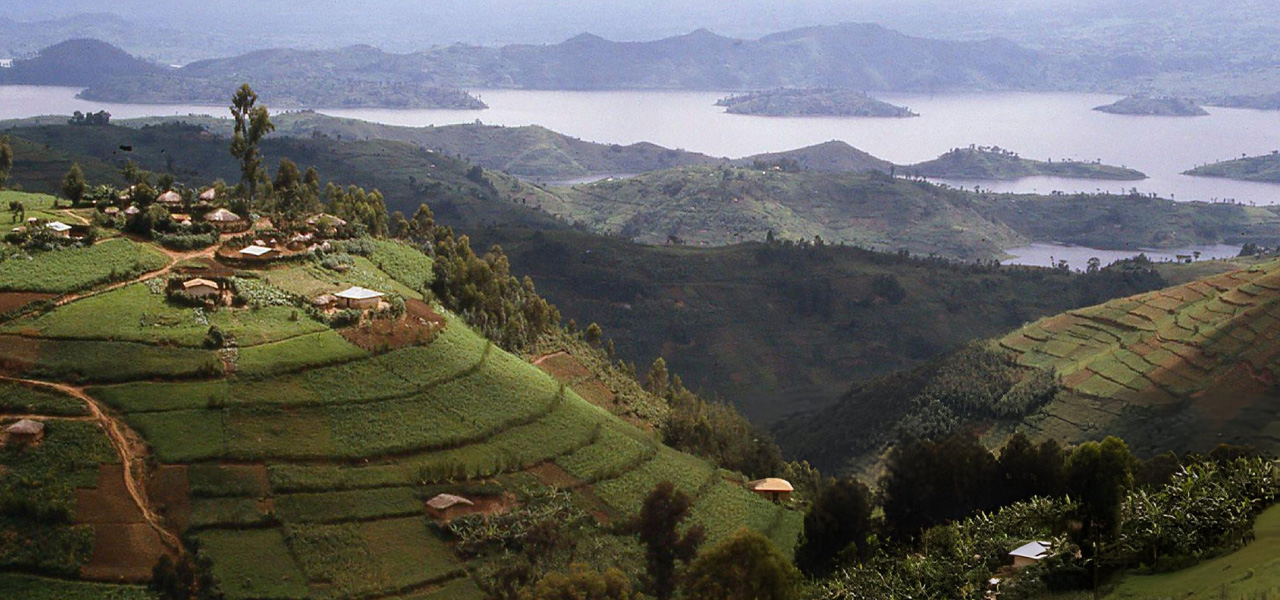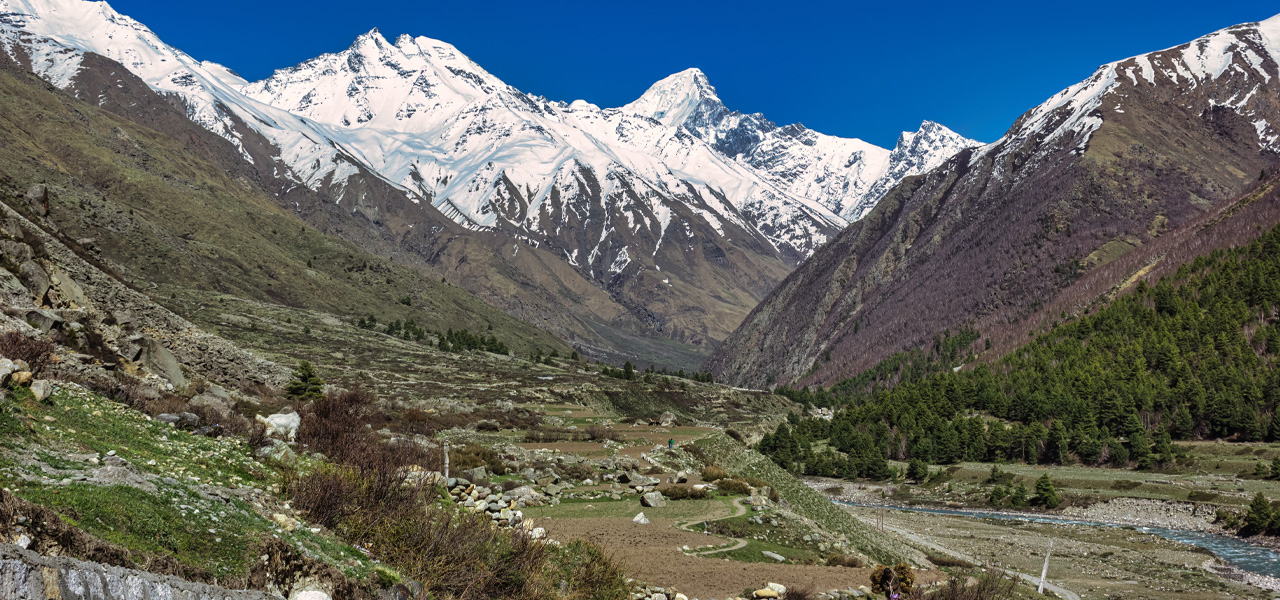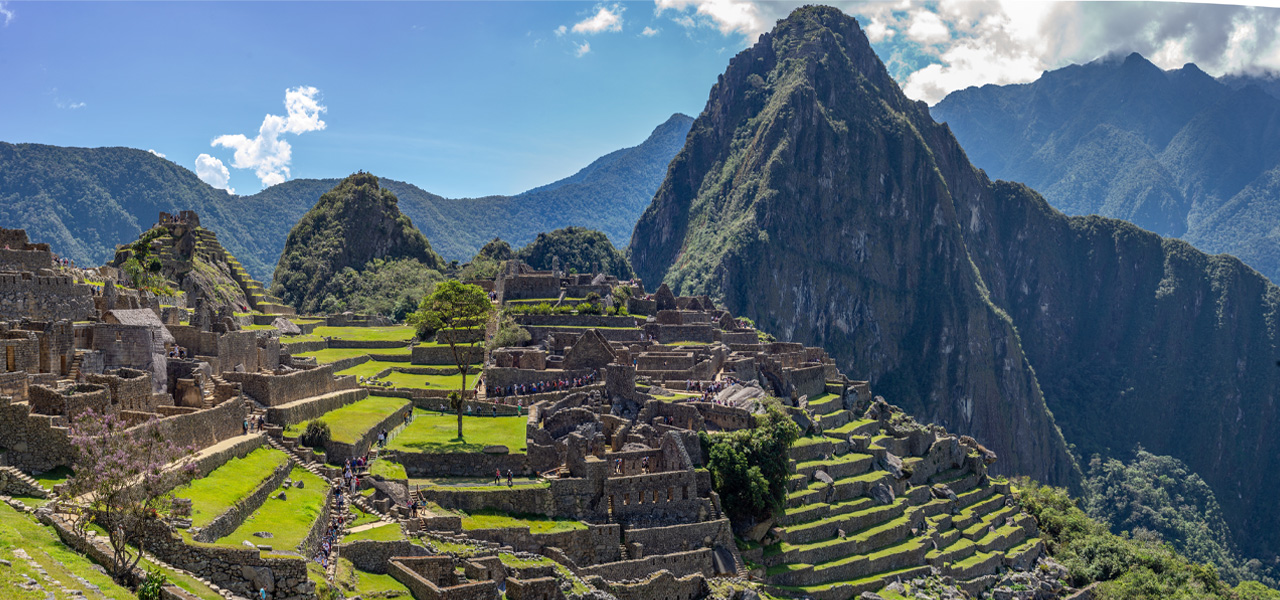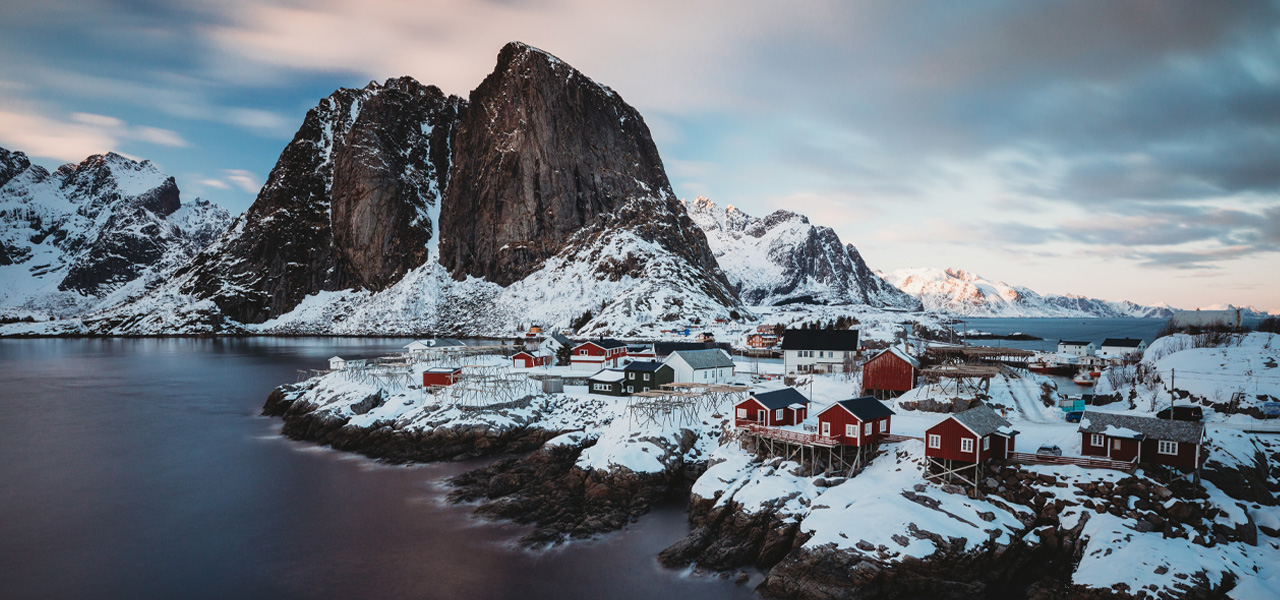- Morocco:
Morocco History: Nestled in North Africa, Morocco boasts a history that stretches back thousands of years. From the ancient Berber civilizations to the Phoenician, Roman, and Arab influences, Morocco’s past is a mosaic of diverse cultures. The 8th century marked the arrival of Islam with Arab Muslims, a key element of Moroccan identity. The Almoravid and Almohad dynasties further extended Morocco’s reach across North Africa and into Spain. The 15th century brought Portuguese and Ottoman control, followed by French and Spanish protectorates in the 20th century. Morocco’s journey to independence in 1956 has shaped its modern cultural and political landscape.
Moroccan traditions: Moroccan traditions reflect a vibrant tapestry of Berber, Arab, and French influences. From the warmth of mint tea hospitality to the flavors of tagine and couscous, each tradition embodies cultural richness. Festivals, traditional attire, and artisan crafts further highlight Morocco’s diverse and enduring heritage.
Famous Food: Tagine, Couscous, Pastille (Bastille), Hariri, Moroccan Mint Tea, Mechanic (Roast Lamb), Moroccan Bread (Knobs).
Historical Places: Medina of Fez, Medina of Marrakech, Hassan II Mosque, Casablanca, Volubly, Aid Benhaddou, Mausoleum of Malay Ismail, Meknes, Kasbah of the Days, Rabat.
Explore cities: Marrakech, Fez, Casablanca, Chechakoes, Essaouira, Rabat.
- Japan:
Japan History: Japan’s history spans millennia, from ancient Jomon pottery to feudal samurai rule and modern industrialization. Influenced by China and later Western powers, Japan underwent rapid modernization in the late 19th century. Despite challenges, it emerged as a global economic powerhouse, blending tradition with technological innovation in the present day.
Japan traditions: Japan’s traditions blend ancient rituals with modern life, from tea ceremonies and cherry blossom festivals to sumo wrestling and kimono attire. Respect for elders, harmony in social interactions, and adherence to seasonal customs like panama (flower viewing) reflect Japan’s cultural richness and deep-rooted values cherished by its people.
Famous Food: Sushi, Ramen, Tempura, Sashimi, Match, Tonkatsu, Okonomiyaki.
Historical Places: Kyoto Imperial Palace, Himeji Castle, Senso-ji Temple, Tokyo, Hiroshima Peace, Memorial Park, Nijo Castle, Kyoto, Kinkaku-ji (Golden Pavilion), Kyoto, Itsukushima Shrine, Miyajima.
- Colombia:
Colombia History: Colombia’s history is marked by indigenous civilizations like the Muisca and Tyrone, followed by Spanish colonization in the 16th century. Independence from Spain in 1810 led to regional conflicts, including the War of a Thousand Days. Today, Colombia strives for peace and prosperity amid its diverse cultural heritage and natural beauty.
Colombia traditions: Colombian traditions celebrate a fusion of indigenous, Spanish, and African influences. Festivals like Carnival de Barranquilla feature lively music and dance. Coffee culture thrives with rich flavors cherished nationwide. Handcrafted Way bags and sombreros Vuelta’s showcase artisanal expertise, embodying Colombia’s diverse cultural tapestry and vibrant community spirit.
Famous Food: Ajiaco, Bandera Paisa, Arepa, Empanadas, Lechon.
Historical Places: Cartagena Old Town, Bogotá’s La Candelaria, San Agustín Archaeological Park, Ciudad Perdida (Lost City), Popayán’s Historic Center, Villa de Leyva.
- Vietnam:
Vietnam History :Vietnam’s history is marked by resilience and cultural richness. From ancient kingdoms like Van Lang and Au Lac to Chinese domination, the country evolved into an independent state by the 10th century. Dynasties like the Tran and Nguyen shaped its cultural identity, while the 19th century saw French colonization and Japanese occupation in World War II. The struggle for independence led by figures like Ho Chi Minh culminated in the defeat of French forces at Dien Bien Phu in 1954. The Vietnam War followed, ending in 1975 with the reunification of North and South Vietnam under communist rule.
Vietnam traditions: Vietnam’s traditions are deeply rooted in Confucianism, Buddhism, and Taoism, shaping customs like Tet (Lunar New Year) celebrations, ancestor veneration, and respect for elders. Ao dai, the traditional dress, symbolizes elegance, while festivals like Mid-Autumn Festival and Hung King Temple Festival honor cultural heritage and spiritual beliefs.
Famous food: Pho, Banh Mi, Bun Cha, Goi Cuon, Com Tam.
Historical Places: Hue Imperial City, Ho Chi Minh Mausoleum, Cu Chi Tunnels, My Son Sanctuary.
5.Portugal:
Portugal History:Portugal’s history began in 1139 when it became an independent kingdom under King Afonso I. By the 15th and 16th centuries, it emerged as a global maritime power, leading the Age of Discovery with explorers like Vasco da Gama. Portugal built a vast colonial empire, including Brazil and territories in Africa and Asia.
In the 20th century, Portugal transitioned from monarchy to a republic in 1910 and endured decades of dictatorship until the Carnation Revolution of 1974 restored democracy. Today, Portugal is a democratic country, known for its rich culture, history, and membership in the European Union.
Portugal traditions:Portugal is renowned for its vibrant traditions. The Fado music genre, characterized by soulful, melancholic songs, reflects the nation’s deep emotional expression. The Festa de São João, a lively summer festival in Porto, features street parties and fireworks celebrating local culture. Portuguese cuisine is another cornerstone, with dishes like bacalhau (salted cod) and pastéis de nata (custard tarts) representing the country’s rich culinary heritage.
Famous Foods:Bacalhau à Brás, Pastéis de Nata, Caldo Verde, Bacalhau com Natas, Arroz de Marisco, Feijoada, Piri-Piri Chicken.
Historical Places:Belem Tower, Jerónimos Monastery, São Jorge Castle, Quinta da Regaleira, Pena Palace, Convent of Christ, Braga Cathedral.
- Greece:
Greece History: Greece, birthplace of democracy and Western civilization, boasts a rich history spanning millennia. From its ancient origins with the Minoans and Mycenaean’s to its classical era dominance under Athens, Greece’s legacy includes contributions to philosophy, art, and governance that continue to influence the world today.
Greece traditions: Greek traditions blend ancient customs with modern celebrations, reflecting a vibrant cultural heritage. From festive dances like the syrtaki to cherished culinary delights such as moussaka and baklava, Greece embraces a rich tapestry of rituals that honor its history and community bonds.
Greece Food:Souvlaki, Moussaka, Tzatziki, Spanakopita, Gyro, Baklava, Feta Cheese, Greek Salad, Pastitsio, Loukoumades, Dolmades, Kleftiko, Galaktoboureko, and Ouzo.
Historical Places: Acropolis of Athens, Delphi, Mycenae, Knossos, Olympia, Epidaurus, Meteora, Rhodes Old Town, Temple of Hephaestus, and Corinth.
- Rwanda:
Rwanda History: Rwanda, known as the “land of a thousand hills,” has a complex history marked by ancient Twa settlements, later Hutu and Tutsi kingdoms, and Belgian colonization. Post-independence, Rwanda faced tragic events, including the 1994 genocide. Today, it’s known for its remarkable recovery and biodiversity conservation efforts.
Rwanda traditions:Rwanda’s rich cultural tapestry is woven with traditions like the Intore dance, Umuganura festival celebrating harvest, and Imishanana weddings. Inkwano and Gacaca justice reflect community values. These customs highlight Rwanda’s resilience and unity, shaping its vibrant cultural identity.
Rwanda Food: Brochettes, Ugali, Isombe, Rwandan Beans, Matoke, Nyama Choma, Akabenz, Inyama y’ubugari, Ibihaza, Agatogo, Igitoki, Umutsima, Umushanana.
Historical Places :Nyanza Royal Palace, Kigali Genocide Memorial, Ethnographic Museum, Nyamata Church, Murambi Genocide Memorial, King’s Palace Museum in Butare, and the National Liberation Museum at Mulindi.
8.New Zealand:
New Zealand History: New Zealand, inhabited by Maori settlers around 1250-1300 AD, was later explored by Europeans in the 17th century. British colonization followed in 1840 with the signing of the Treaty of Waitangi. Today, it’s known for its stunning landscapes, indigenous culture, and progressive society.
New Zealand traditions: New Zealand embraces traditions like the haka, a powerful Maori dance, and the powhiri, a welcoming ceremony. Kiwi cuisine includes hangi, a traditional Maori feast cooked underground. The country celebrates Waitangi Day and ANZAC Day, honoring its heritage and contributions to the world.
Famous Food: Pavlova, Hangi, Fish and Chips, Whitebait Fritters, Kiwi Burger, Hokey Pokey Ice Cream, Pies (such as mince pies and steak pies), Lolly Cake, Pāua (abalone), Bluff Oysters, Lamb (New Zealand lamb is renowned), and Feijoa.
New Zealand Historical Places: Waitangi Treaty Grounds, Te Papa Tongarewa (National Museum of New Zealand), Russell Museum, Otago Settlers Museum, Stone Store in Kerikeri, Old St. Paul’s in Wellington, Canterbury Museum, and Pompallier Mission in Russell.
9.Peru:
Peru History: Peru, home to ancient civilizations like the Inca Empire, was conquered by Spain in the 16th century. It gained independence in 1821 led by liberator José de San Martín. Peru’s diverse culture reflects indigenous, Spanish, and African influences, shaping its vibrant heritage.
Peru traditions: Peru’s traditions blend ancient Andean rituals with Spanish colonial influences. Festivals like Inti Raymi celebrate the sun god, while Peruvian cuisine, including ceviche and pisco sour, reflects its diverse heritage. Artisan crafts like textiles and pottery also play a significant role in preserving cultural identity.
Peru Food: Ceviche, Lomo Saltado, Aji de Gallina, Pollo a la Brasa, Anticuchos, Papa a la Huancaina, Causa Rellena, Rocoto Relleno, Tacu,Tacu, Picarones, Chicha Morada, Suspiro a la Limeña, Alfajores.
Historical Places :Machu Picchu, Nazca Lines, Sacsayhuamán, Huaca Pucllana, Chan Chan, Kuelap, Ollantaytambo, Caral, Pisac, and Arequipa’s Historic Center.
10.Iceland:
Iceland History: Iceland, settled by Vikings in the 9th century, became a Norwegian and later Danish colony. It gained independence in 1944. Known for its geothermal activity and stunning landscapes, Iceland blends Norse heritage with modern innovation, attracting visitors worldwide.
Iceland traditions: Iceland’s traditions reflect its Viking roots and unique culture. Highlights include the Icelandic sagas, Midsummer celebrations with bonfires, and Ásatrú, a revival of Norse paganism. Icelandic cuisine, like hákarl (fermented shark) and skyr (yogurt), also plays a significant role in preserving heritage.
Iceland Famous Food: Skyr, Hangikjöt (smoked lamb), Plokkfiskur (fish stew), Hákarl (fermented shark), Icelandic lamb, Rúgbrauð (rye bread), Kleinur (fried pastry), Harðfiskur (dried fish), Kjötsúpa (meat soup), Svið (boiled sheep’s head), Brennivín (Icelandic schnapps), and Saltfiskur (dried salted fish).
Historical Places: Þingvellir National Park, Gullfoss waterfall, Geysir geothermal area, Skálholt Cathedral, Hallgrímskirkja in Reykjavik, Akureyrarkirkja in Akureyri, Árbæjarsafn open-air museum, and the Settlement Exhibition in Reykjavik.


